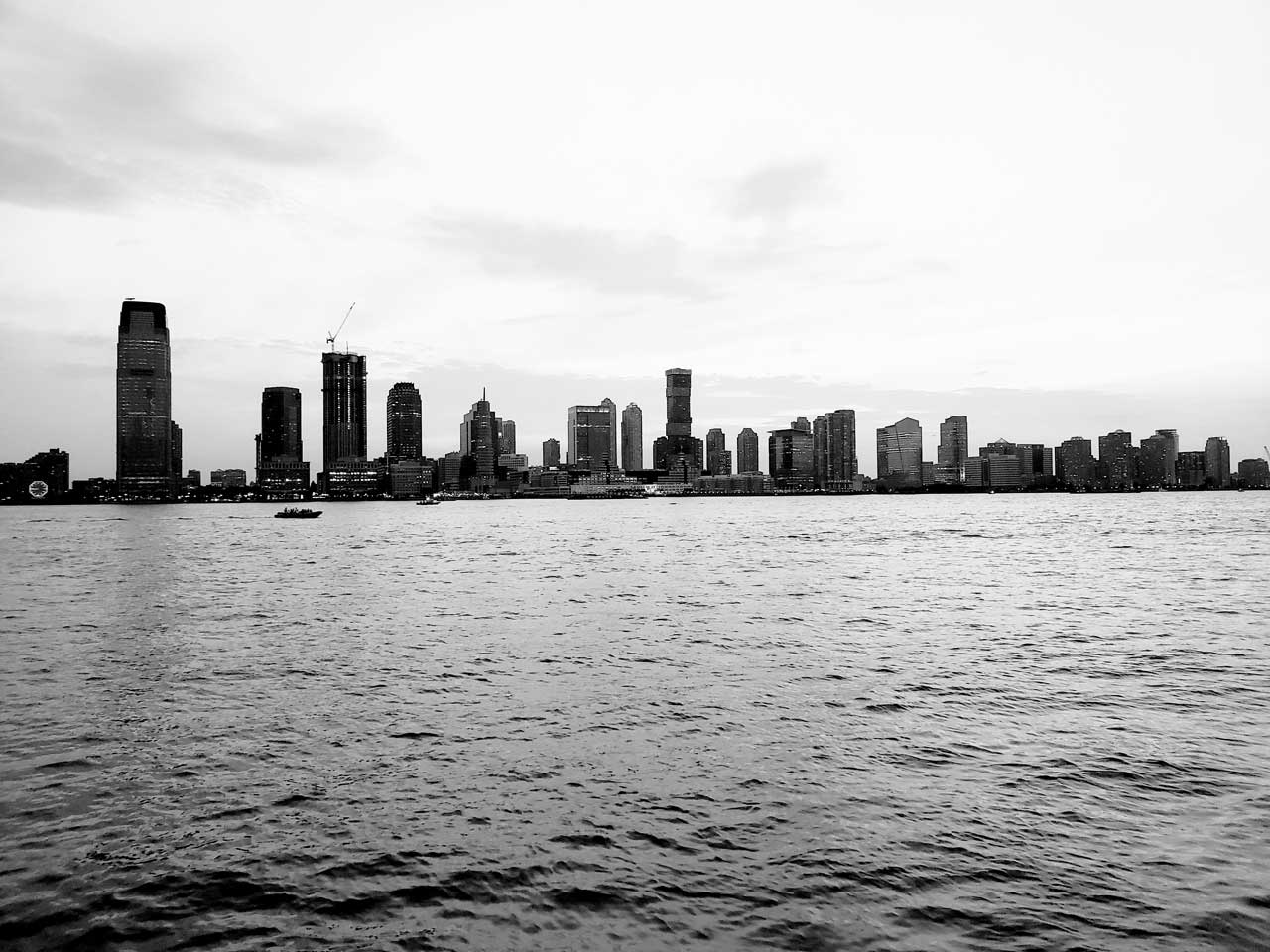
With the crew of “Joker” setting up shop and taping in Journal Square, film production in Jersey City is certainly in the spotlight. Now, filming a major motion picture in the state’s second largest city is about to get a lot more costly.
An ordinance that was introduced to the Jersey City Municipal Council in August calls for making several amendments to the city’s rules regarding film permits in order to “better offset the additional expenses incurred by the city to accommodate film projects.” Although 501(c)(3) non-profit organizations that are producing films can have their permit costs waived, most for-profit filmmakers should see an increase in costs.
Currently, major film permits are required for films that involve at least 30 crew members or at least 10 production vehicles. They cost $500 per day for non-residents and $250 for those who live or run a business within Jersey City limits. Now, the ordinance calls for tripling the cost to $1,500 per day and charging a non-refundable application fee of $300. The definition of a major film will also be changed to account for all filming for movies, commercials, television shows, and shows on streaming services like Netflix or Hulu that either involve a crew of at least 20 people, a casting size of at least 15 people, and/or at least 10 vehicles on city-owned streets, according to the ordinance.
While permits for minor films with between four and nine people on staff will remain at $250 per day, an application fee of $100 has been added.
A new category of intermediate films for “commercial still photo shoots, web series, independent films [and] short films” has also been created. These kinds of permits, which are for productions involving 10 to 19 people on the crew, 10 to 14 people on the cast, and/or nine or fewer vehicles on city streets, will cost $1,000 per day and come with a $200 application fee.
A $1,000 fee will also be assessed for all permits that are requested three business days or less before the day that a film is expected to shoot.
The ordinance passed 8-0 on first reading in August and was heard again by the council on September 12 for second reading. It was signed by Mayor Steven Fulop on September 14, according to city records.


